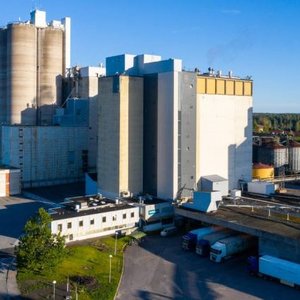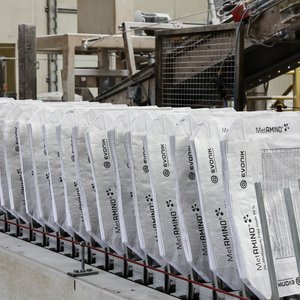In these times of increasing competition and rising raw material and energy costs, efficient compound feed production is of particular importance. One crucial element in the production process are well-qualified staff who have the necessary skills and knowledge to produce high-quality compound and mineral feeds or premixes in practical operations using the production equipment available. Major factors that affect the product properties of mash-type compound feeds are receiving inspections and particularly also the basic process operations size reduction, mixing and dosing; these process steps also have a lasting impact on the key product and process properties of pelleted compound feeds.
After this practical course, participants will be aware of the major parameters and thus be able to better control the basic steps in compound feed production. In this context, fundamental measuring and testing methods to characterise the relevant material properties will also be taught. To ensure better understanding, the theoretical knowledge is delivered in an accessible way and complemented by hands-on exercises. Participants are given handouts to ensure they can concentrate on listening. They will also receive a certificate of attendance.
This practical course is aimed primarily at production managers and staff in feed mills producing compound and mineral feeds or premixes, who work in reception, milling or blending; it also caters for participants with a different background who work in mechanical and plant engineering or the upstream sector.
The course will be held in English language.







